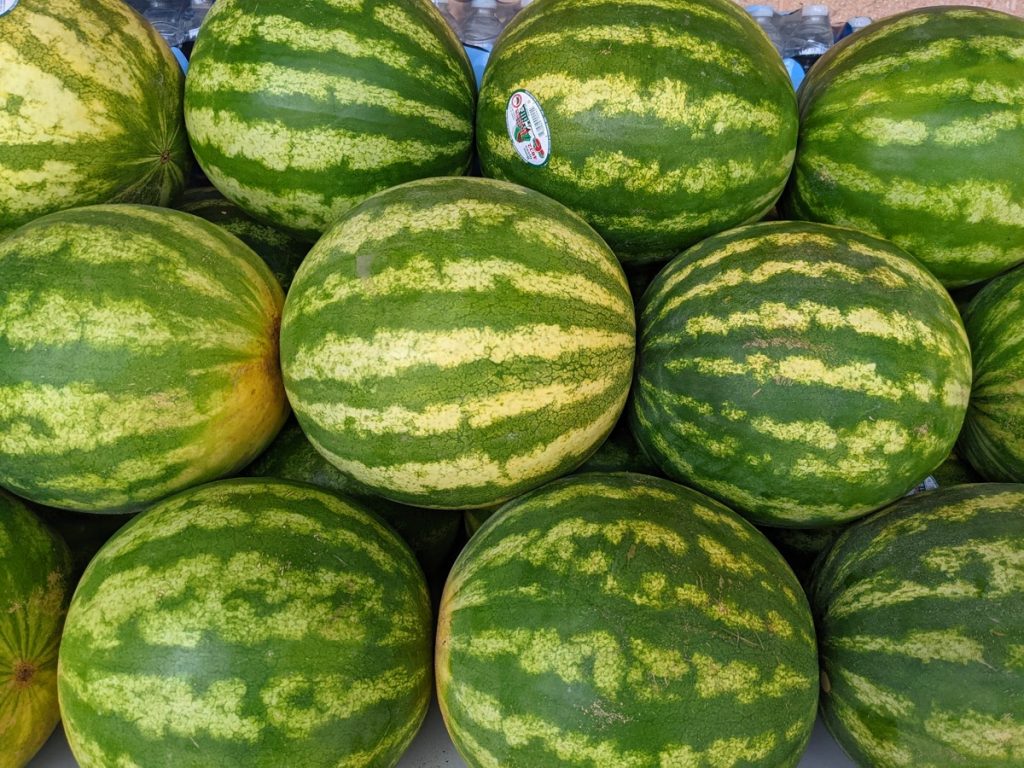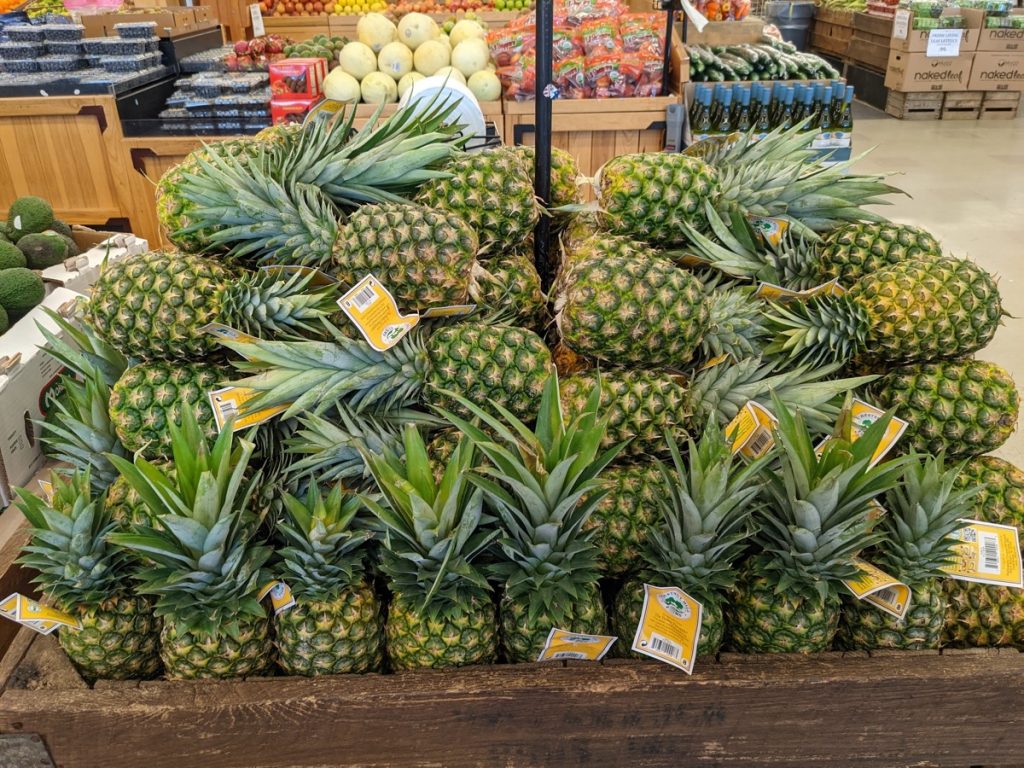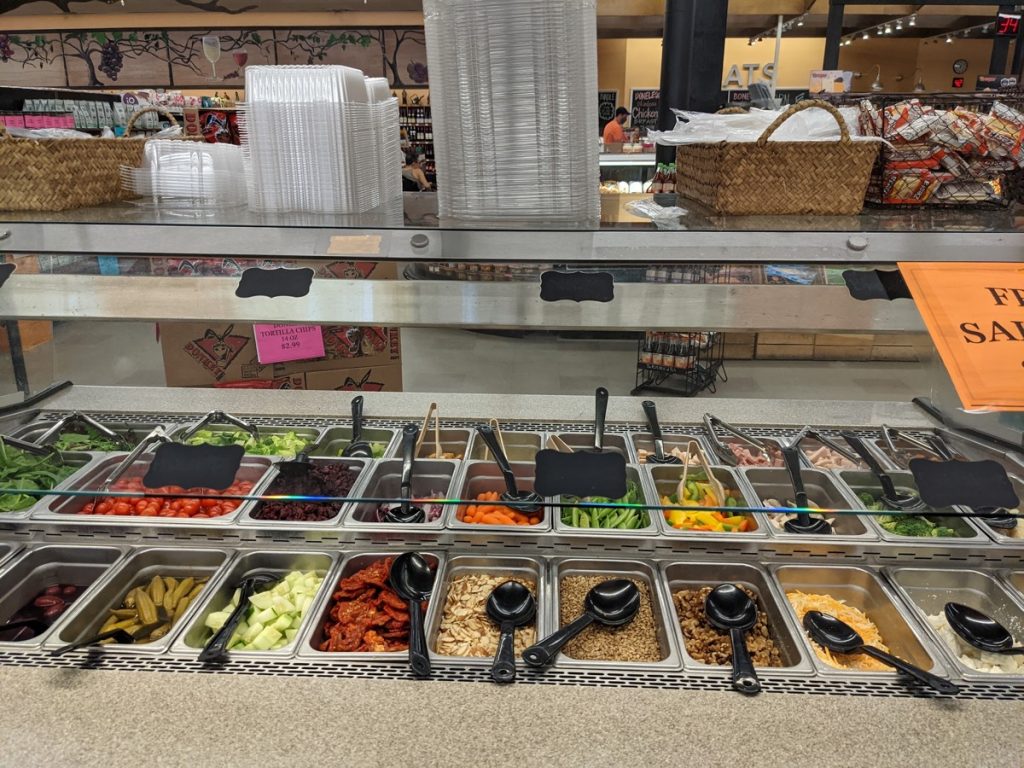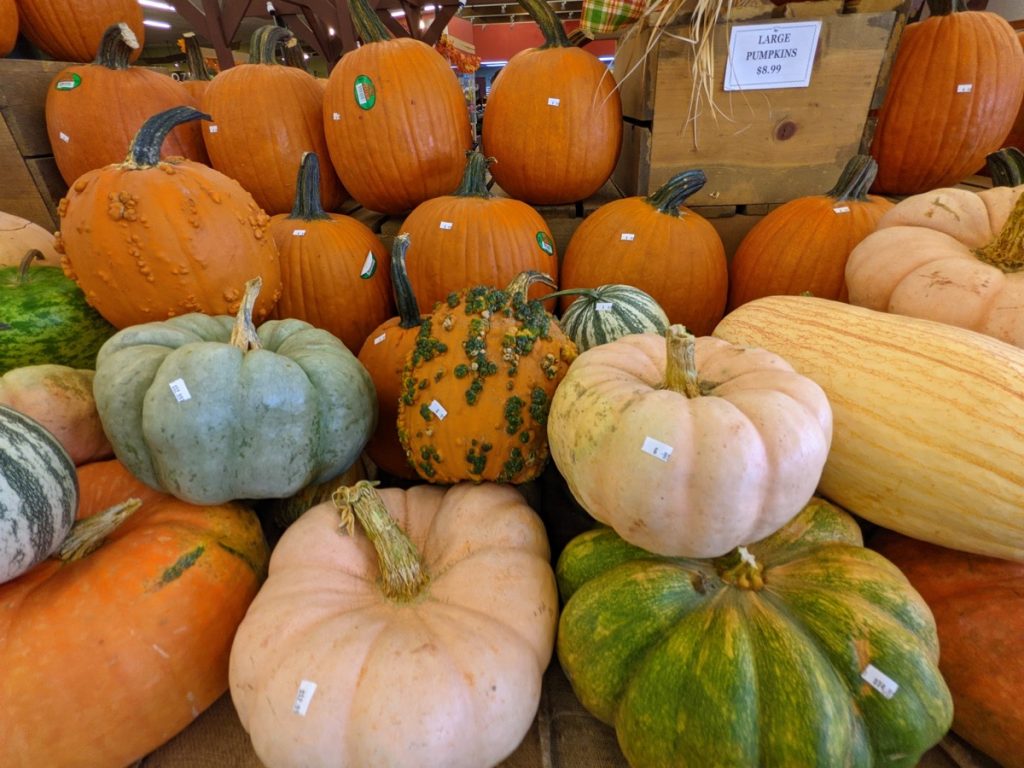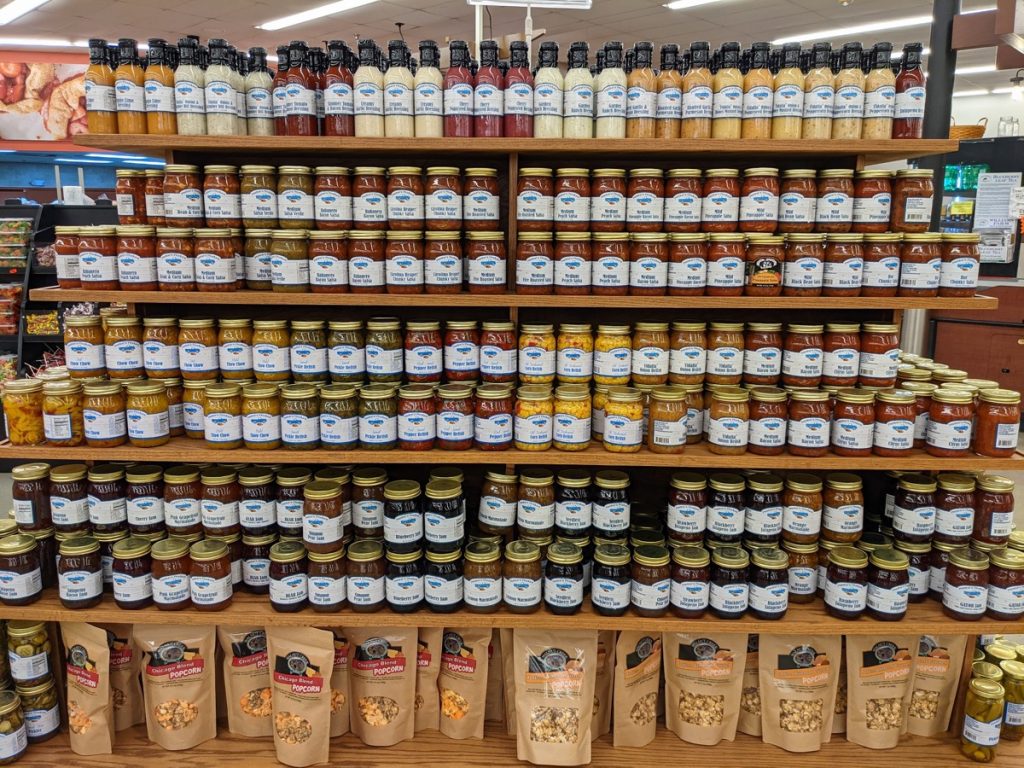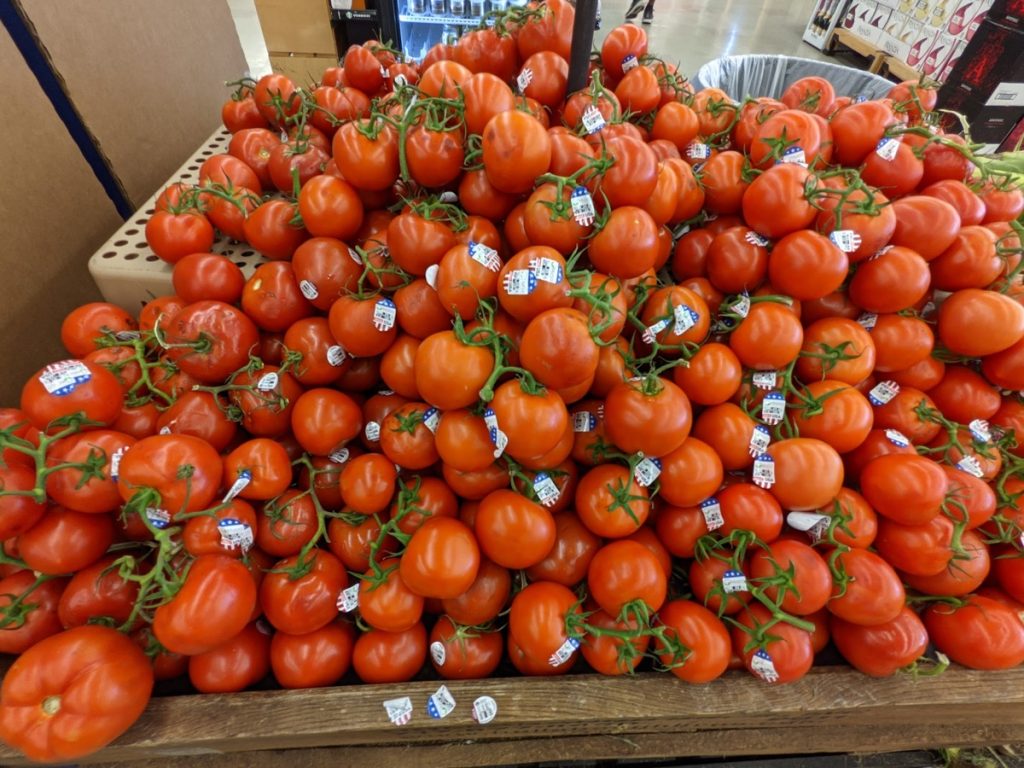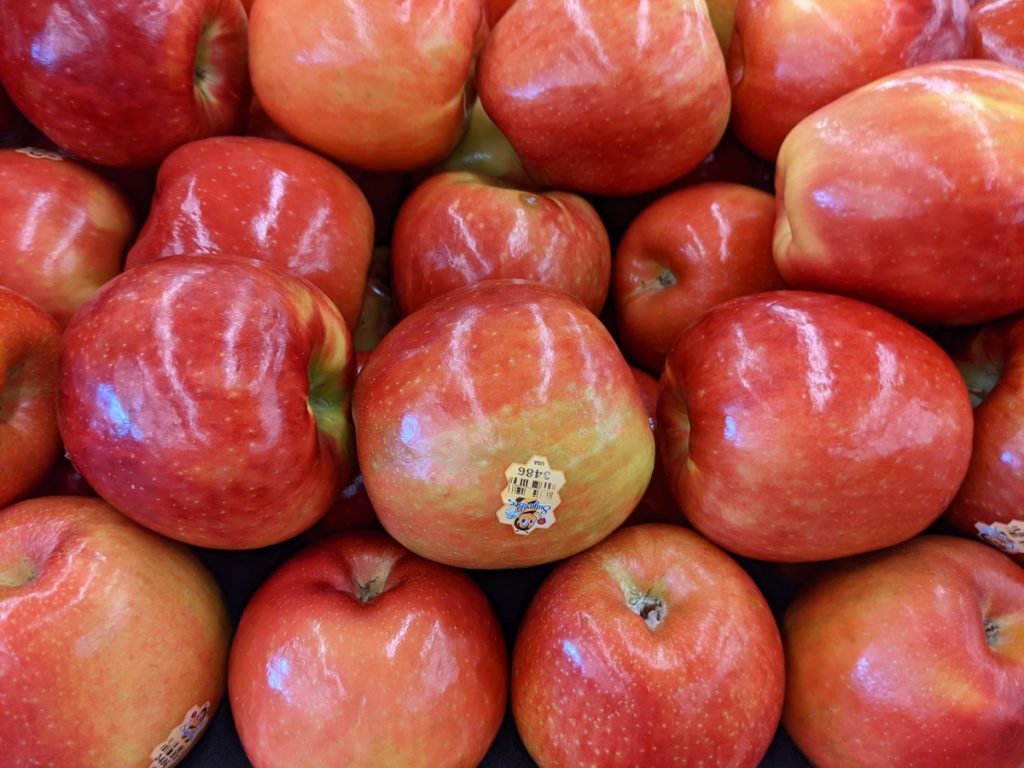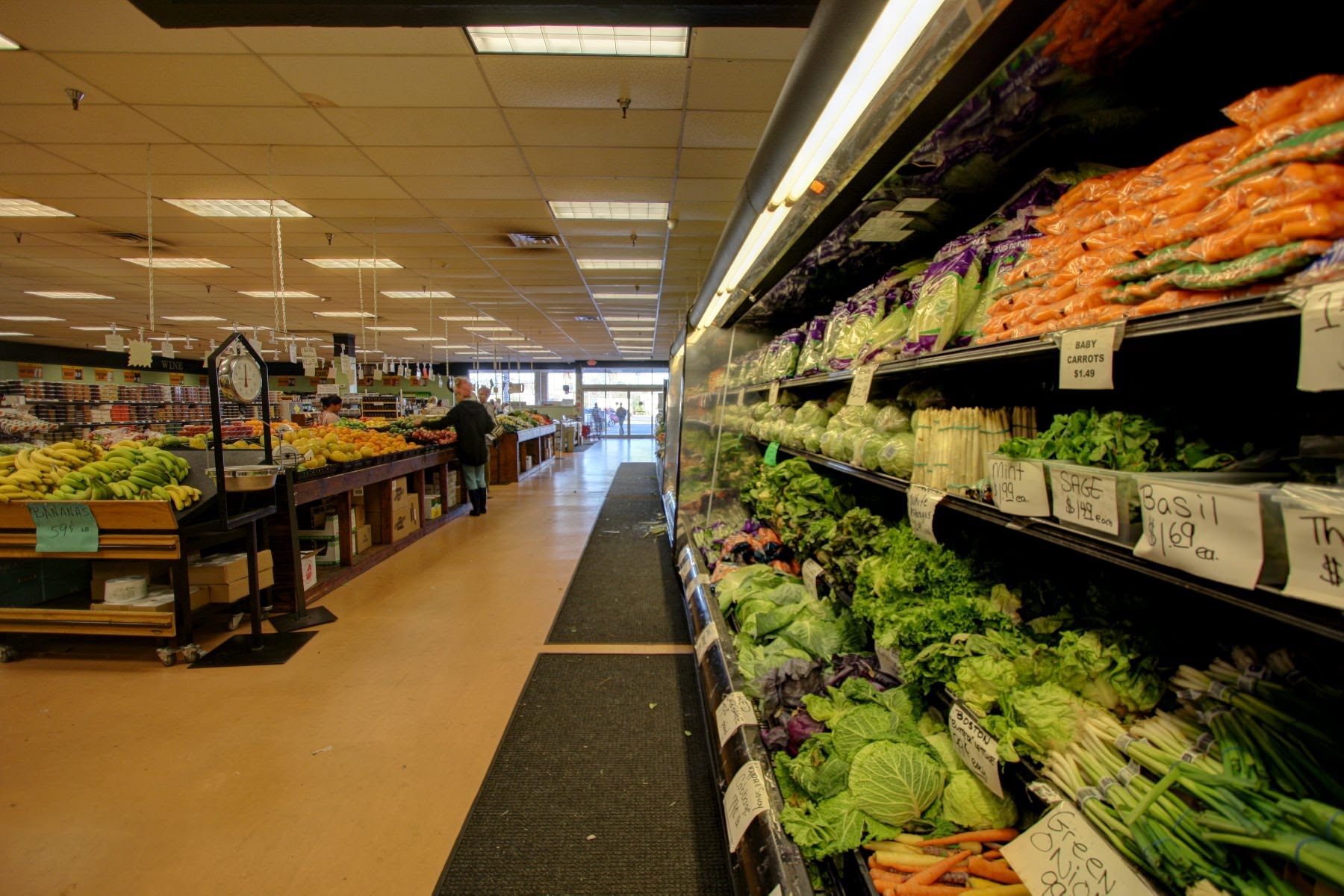Organic produce was born, basically, out of consumer demand to ingest fresher and unprocessed foods. Organic produce is created through organic farming, and while standards can differ, for the most part, organic means this – no synthetic pesticides or chemical fertilizers are allowed. Organic farming also facilitates practices that foster the cycling of resources and promote ecological balance as well as conservation.
Consumer perception is that organic produce is safer, more nutritious and better tasting. This is actually not necessarily the case. Although some organic fruits are drier – which may cause a more intense flavor, there is no actual evidence that organically grown produce tastes better than conventionally grown produce. And because of all of the variables, there is actually no medical evidence to support claims that organic food is safer or healthier than that of traditionally grown. Additionally, bacterial contamination in organic and conventionally grown produce works out to be about the same.
In this writer’s opinion, the negative of organic produce is its higher price. The positive is that, no matter what the medical reports say, it just can’t possibly be a bad thing to ingest produce that was not exposed to as many potentially dangerous substances. I also know that produce, most of which is grown locally and provided by a reliable source such as Perrine’s Produce, is delicious, chock-full of nutrition and cost-effective.

